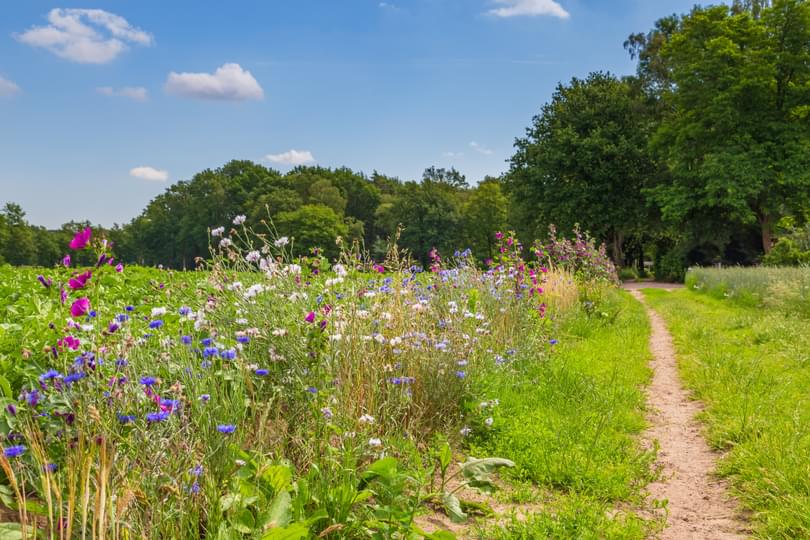
The accelerating loss of biodiversity is rapidly becoming acknowledged as one of the major threats facing humanity in the next decade, just as its significance to our health, wealth and well-being is becoming better understood.
The Oxford Martin Programme on Biodiversity and Society aims to harness this recognition, and the drive to ’build back better’ post-pandemic. It will draw on wide-ranging expertise, including from ecology, economics, social sciences, machine learning, and human wellbeing, to stem the tide of biodiversity loss and develop opportunities for biodiversity recovery in a way that supports efforts to address climate change and poverty.
We have an opportunity, following the pandemic, to rebuild our economies as if we are part of nature, not separate from it
Led by Professors Nathalie Seddon, Yadvinder Malhi, Joss Wright, E.J. Milner-Gulland, and Cameron Hepburn the programme will take a broad and varied approach implemented at scales from local to global, and will integrate on-the-ground work with systematic analyses at the national to global levels. It will work with a diverse set of partners, from local communities to national governments, NGOs and business.
“We have an opportunity, following the pandemic, to rebuild our economies as if we are part of nature, not separate from it,” says Professor Nathalie Seddon, Professor of Biodiversity in the Department of Zoology at the University of Oxford and Director of the Nature-based Solutions Initiative. “We need to invest in, protect and sustainably manage a wide range of ecosystems, from wetlands to ancient grasslands, to mangrove forests and coral reefs. We need rapid systemic change and pathways towards a sustainable future; this programme aims to be a key part of that transformation.”
The programme’s launch comes at a critical moment for international environmental policy, as governments and businesses reset their strategies post-pandemic, and as the UN Convention on Biological Diversity's Global Biodiversity Framework is being negotiated.
It also comes at a time when, because of the COVID-19 pandemic, many people have felt more connected to nature or discovered the mental and physical health benefits of biodiverse green spaces. Transforming humanity’s relationship with nature could also help manage future pandemic risk.
“The interaction between humans and wildlife is a key driver of zoonotic disease risk,” explains Professor E.J. Milner-Gulland, Tasso Leventis Professor of Biodiversity at the University of Oxford. “Many emerging infectious diseases in humans are linked to land conversion for agriculture and wildlife exploitation. Building a more sustainable relationship with nature and biodiversity is, therefore, a vital part of both ‘building back better’ and reducing the risk of future pandemics.”
More information about the programme and its work can be found on its webpage - The Oxford Martin Programme on Biodiversity and Society.